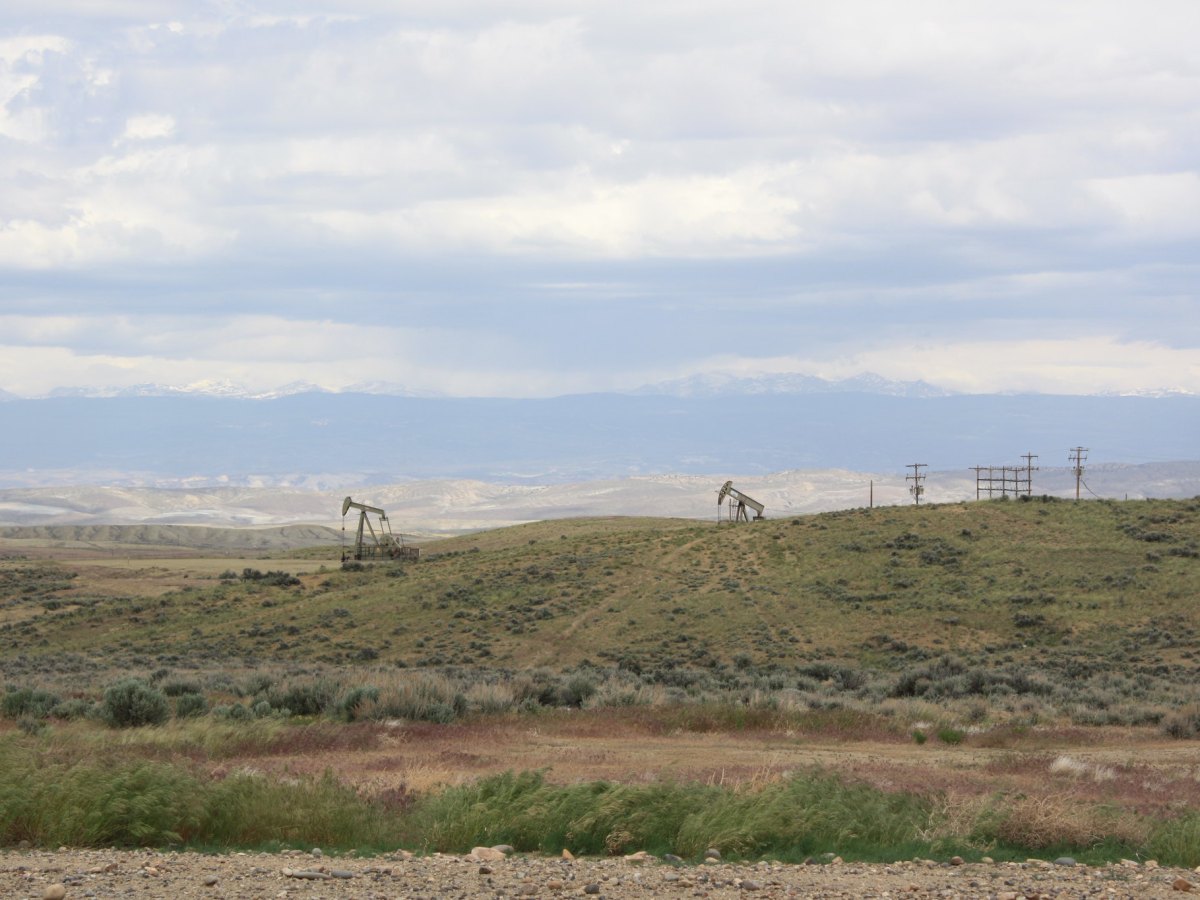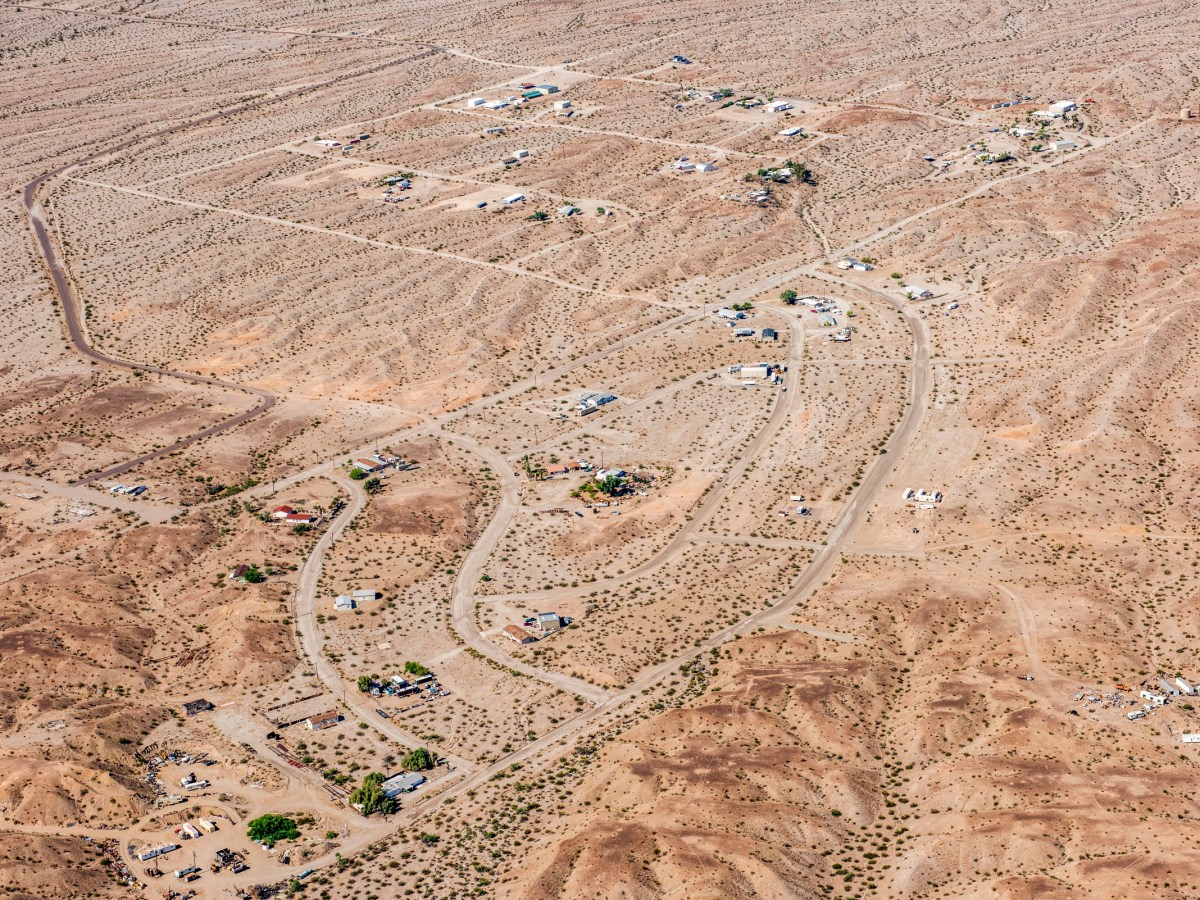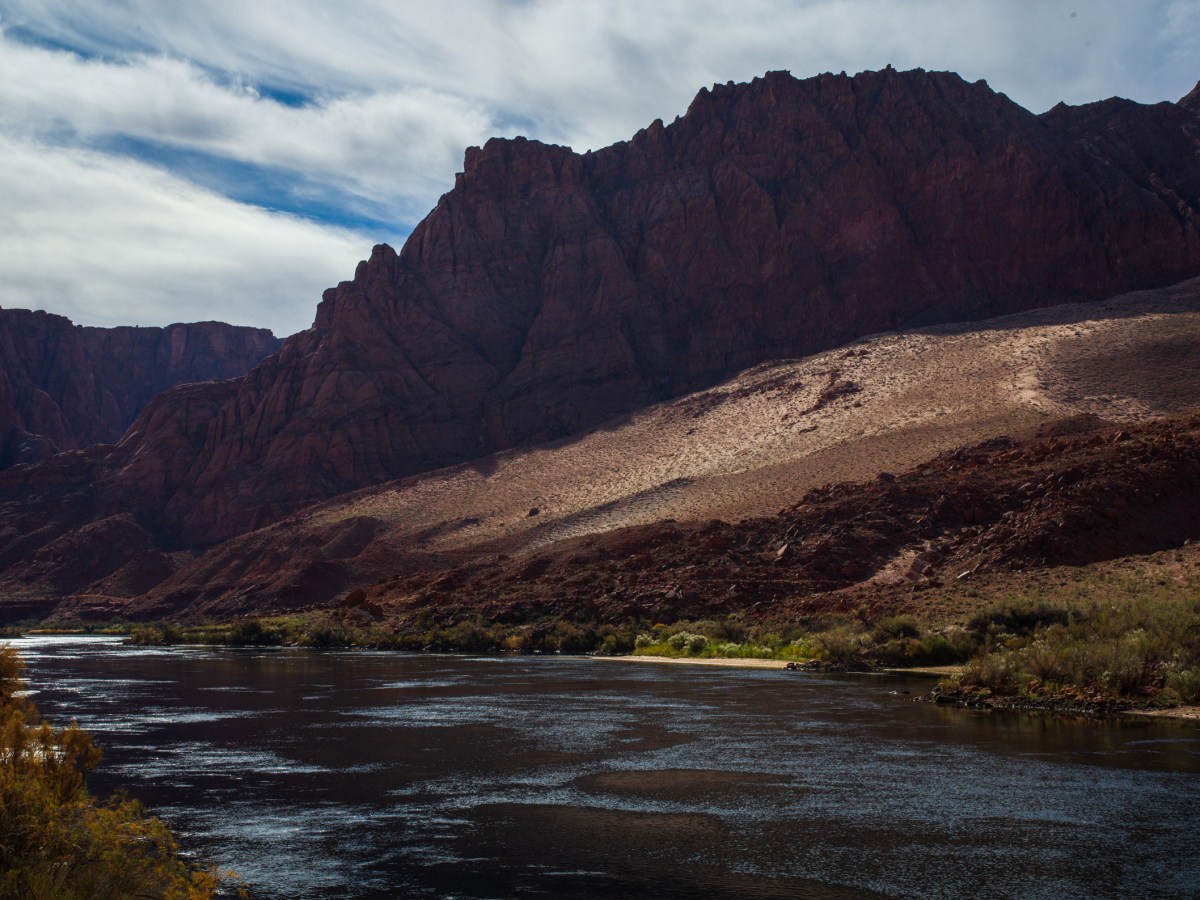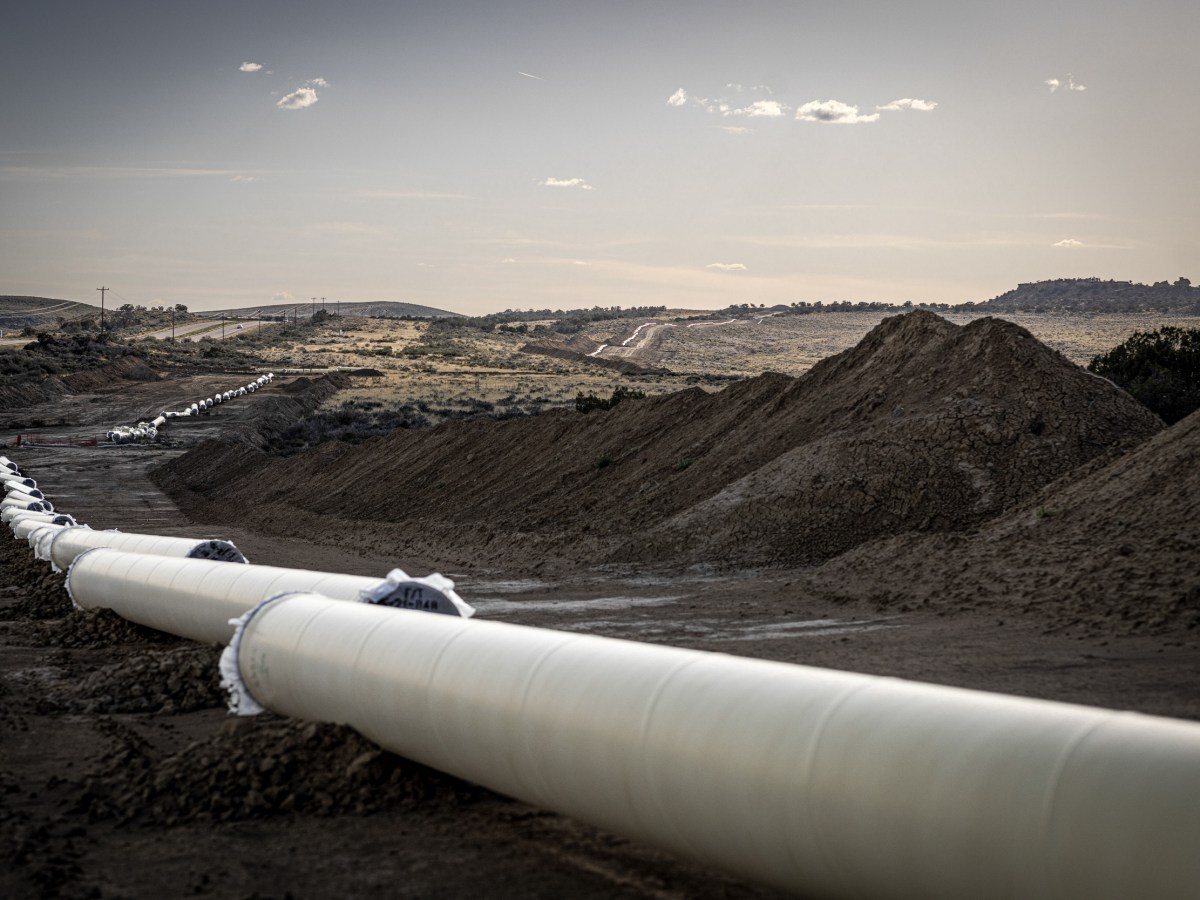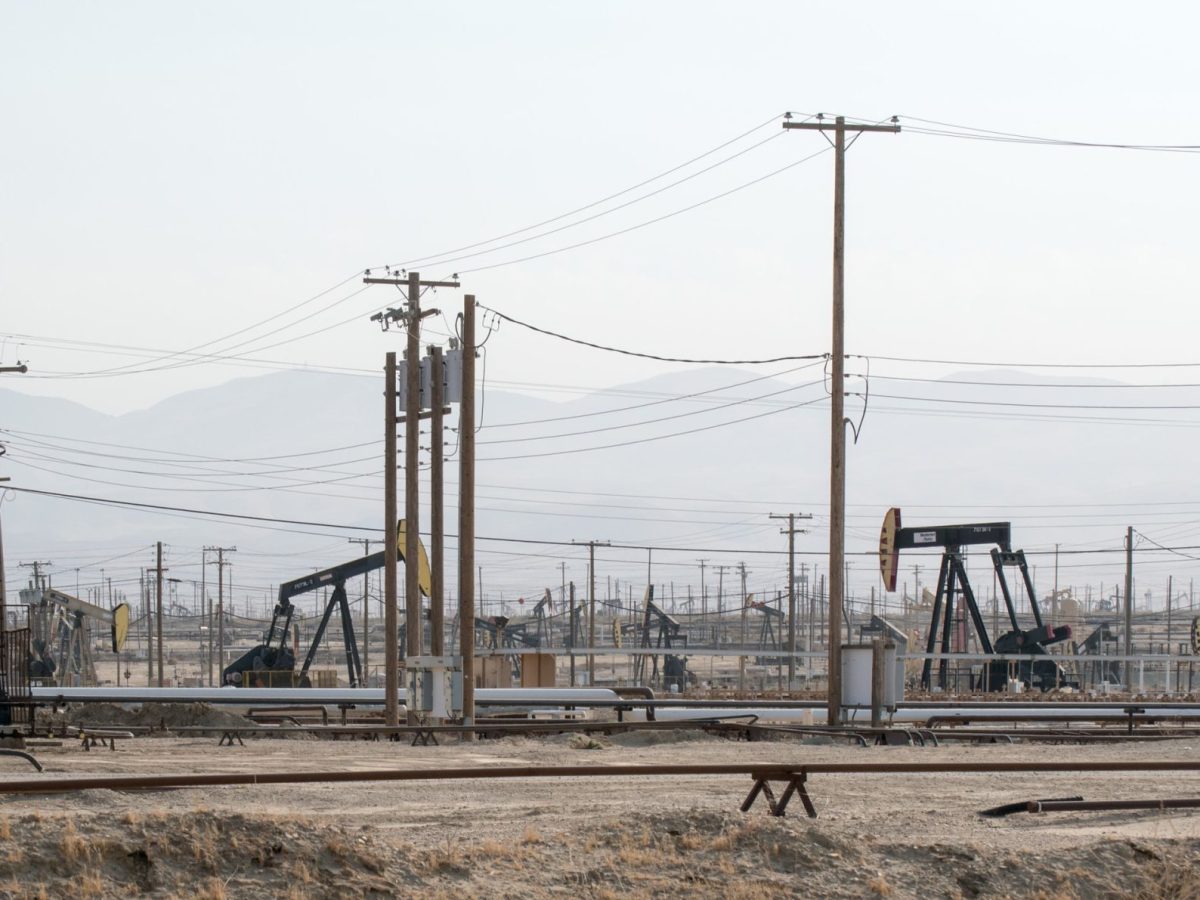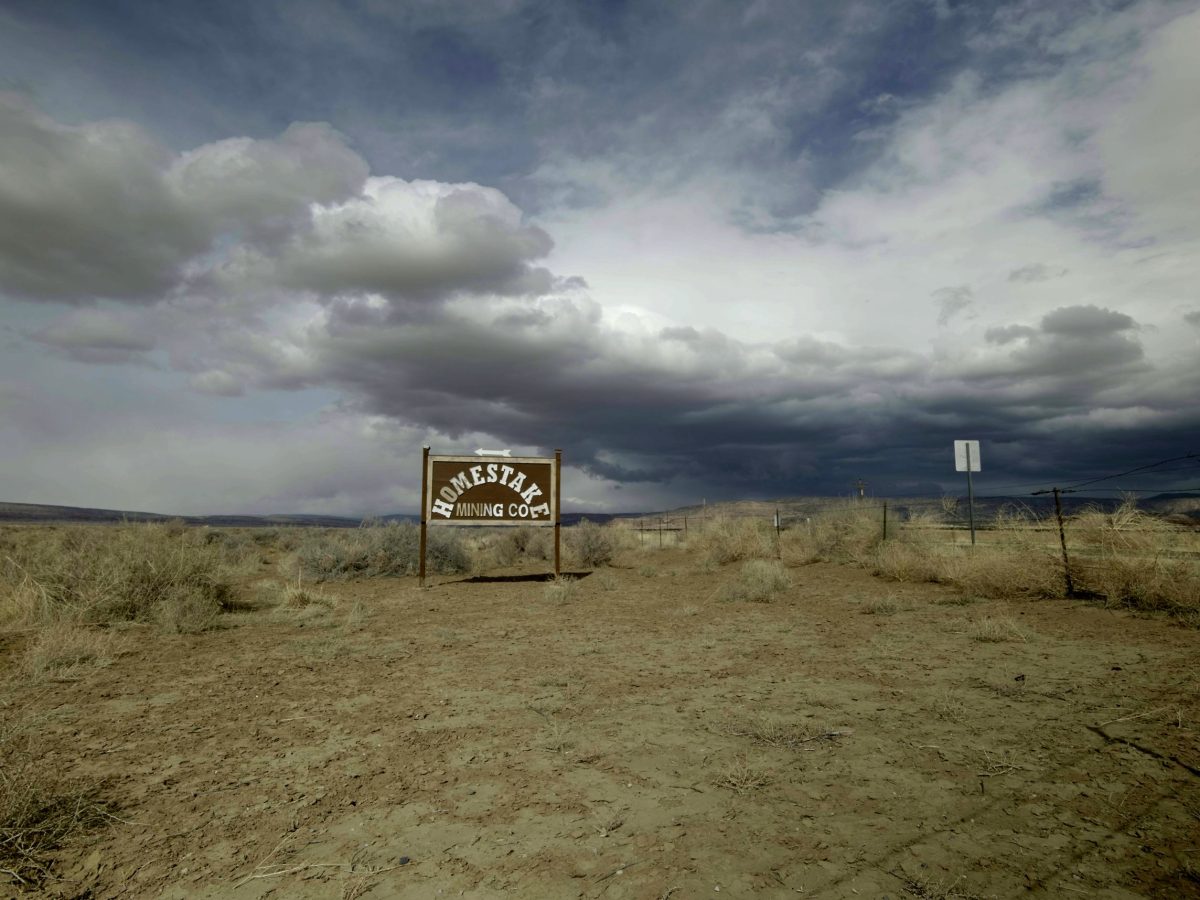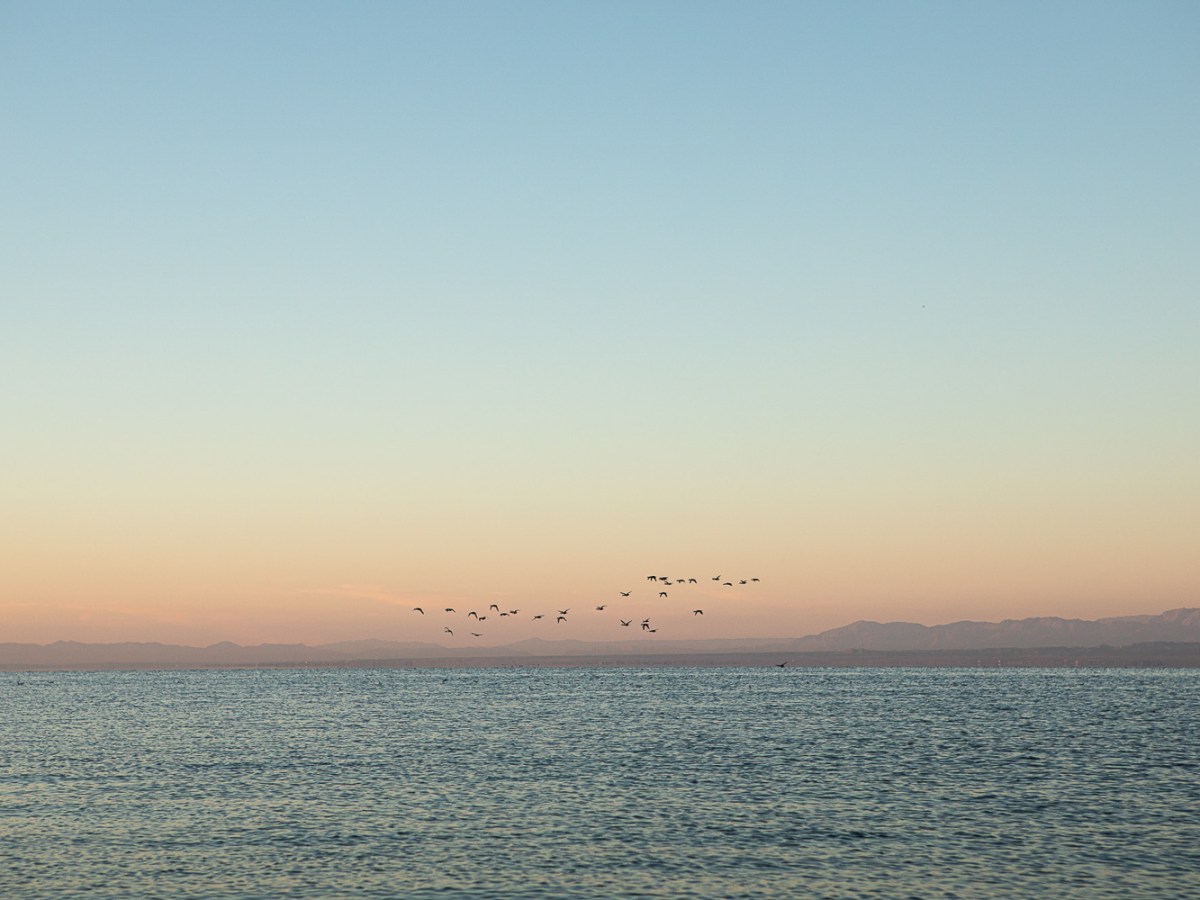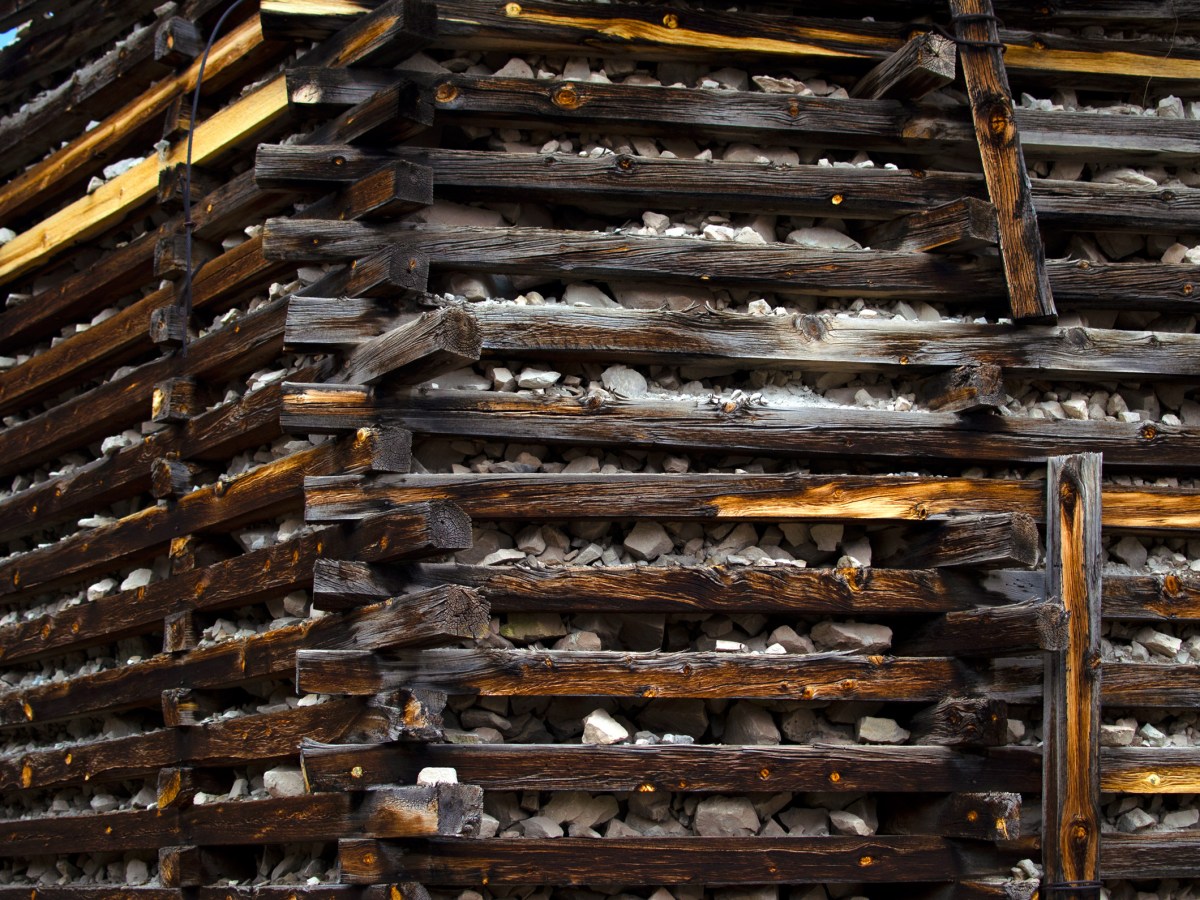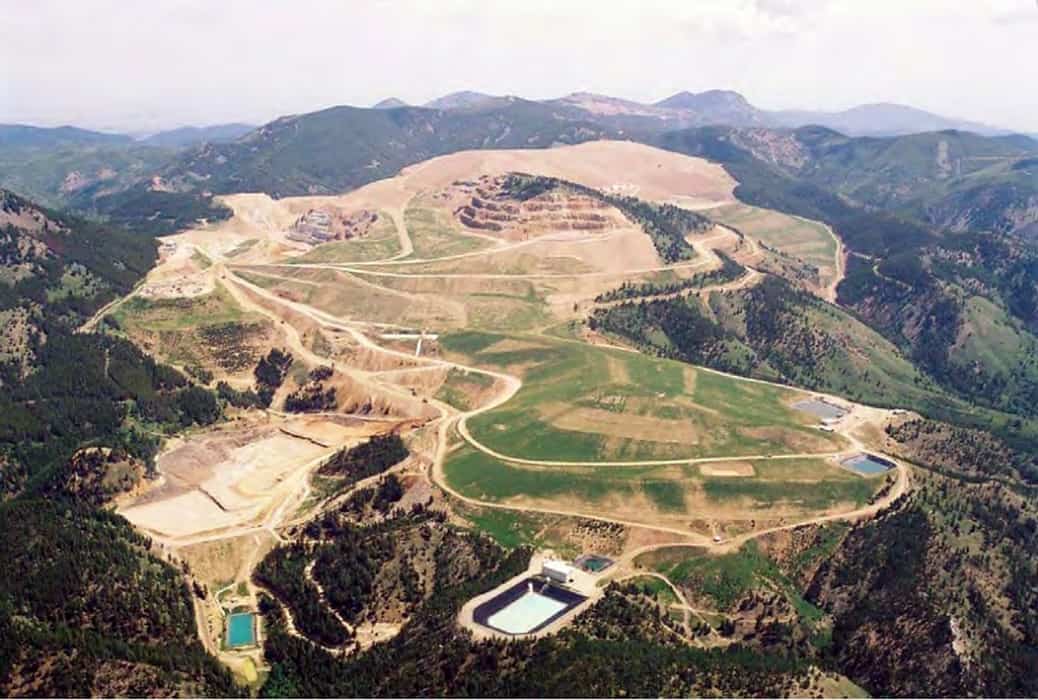A failure of regulation has allowed industry to avoid the true cost of cleaning up its unplugged wells.
Mark Olalde
States opposed tribes’ access to the Colorado River 70 years ago. History is repeating itself.
Records shed new light on states’ vocal opposition in the 1950s to tribes claiming their share of the river.
Decades after the Colorado River flooded the Chemehuevi’s land, the tribe still doesn’t have its share
Nearly all of the tribe’s water remains in the river and ends up being used by Southern California cities.
Supreme Court keeps the Navajo Nation waiting for water
The court case was the Nation’s bid to accelerate decades of fruitless negotiations and secure water for its reservation.
How Arizona squeezes tribes for water
A High Country News/ProPublica investigation shows that Arizona goes to unusual lengths in water negotiations to extract restrictive concessions from tribes.
California will need $21.5 billion to clean up its oil sites. Who’s going to pay for it?
As industry transitions away from fossil fuels, its profits will fall behind remediation costs.
A community sacrificed to uranium mine pollution
A mining company and government agencies repeatedly said they’d clean up waste in Homestake, New Mexico. Instead, they’re buying out homeowners.
Will California finally fulfill its promise to fix the Salton Sea?
Decades have passed and millions of dollars spent, yet little has been done to restore the lake. California officials say it’s all been leading up to this moment.
While ‘zombie’ mines idle, cleanup and workers suffer in limbo
Instead of paying to clean up the mess left by mining, companies are warehousing their operations indefinitely.
Sign me up
Fine, fine, fine. I just subscribed to a couple years of the magazine, thanks to this story — largely because I should’ve done it a while ago and just never got around to it. Mark OlaldeWashington, D.C. This article appeared in the print edition of the magazine with the headline Sign me up.
Mining companies pollute waterways. Citizens pay.
Nearly 2 billion pounds of toxic waste were dumped into western waterways in 2017, and taxpayers are left to clean up the mess.

